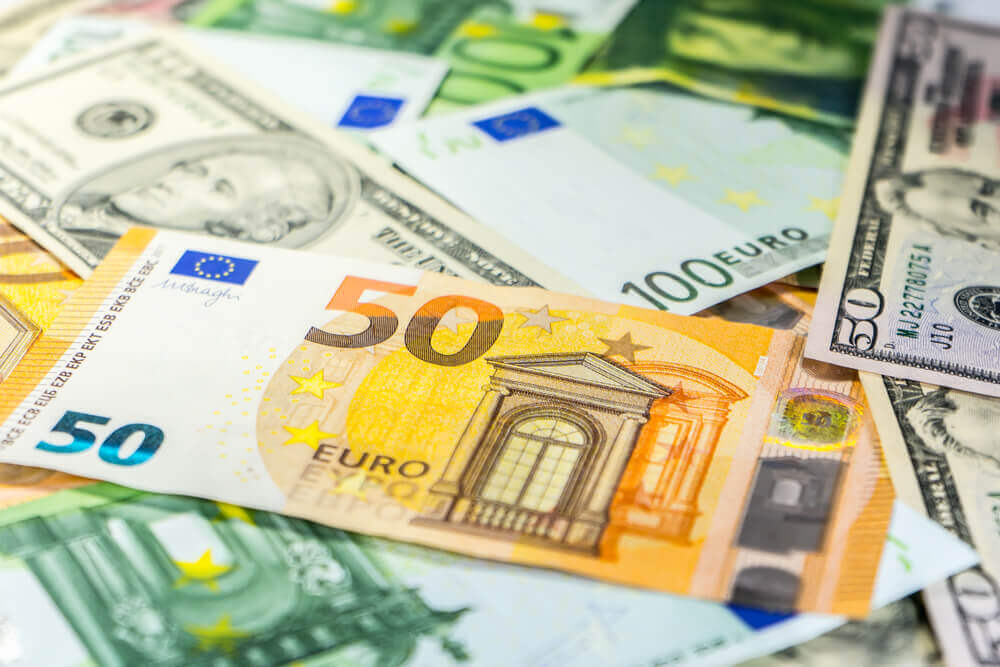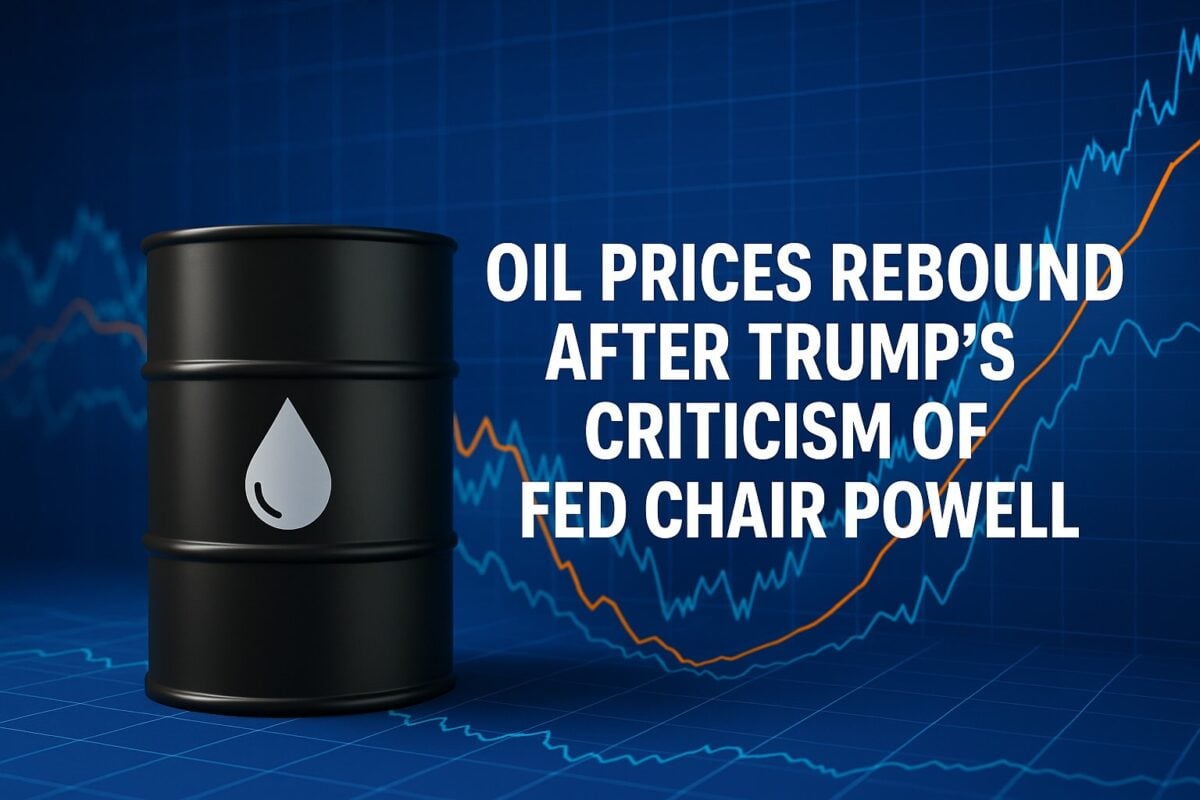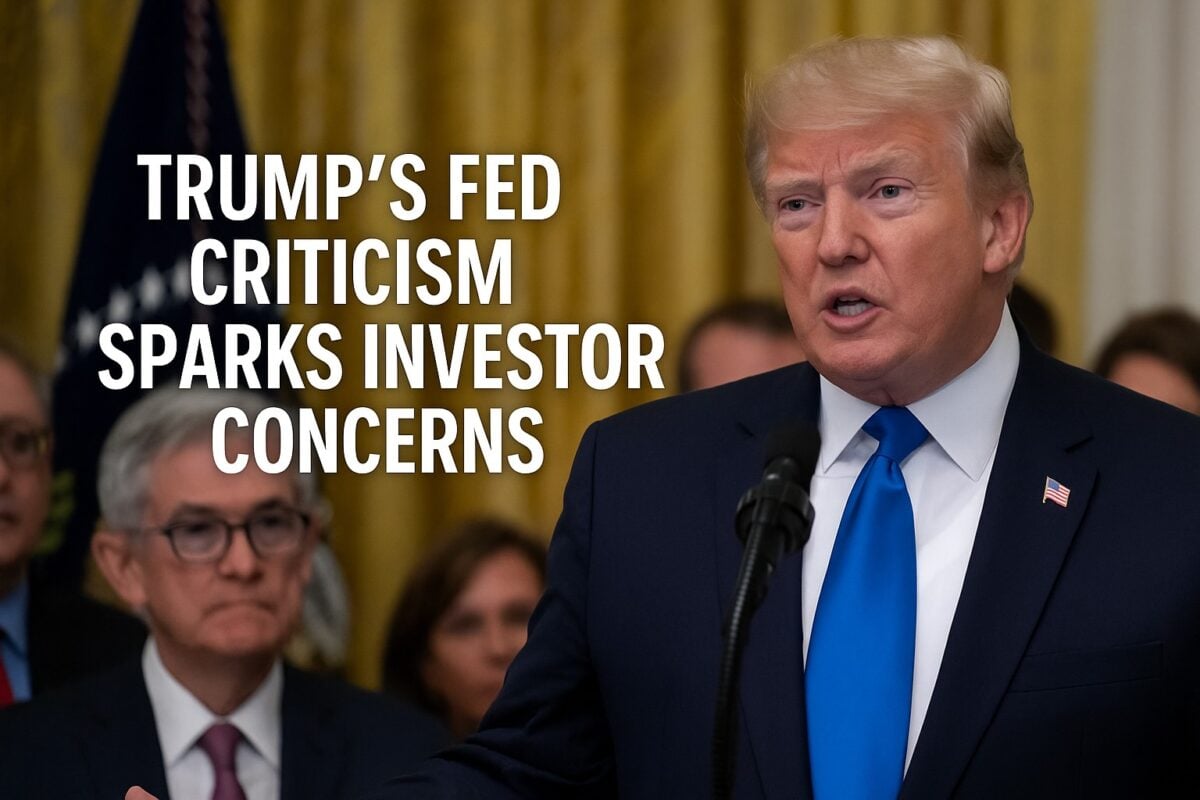
EUR/USD Seeks Stability at 1.0700 Support Point
Quick Look:
EUR/USD Stability: Striving to stabilize near 1.0700 amidst ECB’s stance on maintaining current interest rates.
Technical Support: Critical levels at 1.0700 and 1.0636, with a significant resistance at 1.0750 and bearish sentiment below the 200-day EMA.
Market Sentiment: Political uncertainties in Europe and a steady U.S. dollar contribute to euro’s struggle.
The EUR/USD currency pair is striving to gain stability near the critical support level of 1.0700 during Monday’s European session. This movement follows remarks by European Central Bank (ECB) Chief Economist Philip Lane, who stressed the importance of maintaining current interest rates in the coming months. Lane also indicated the necessity of observing disinflation in the service sector for a period longer than a month before considering further easing of policies.
EUR/USD Technical Analysis: Symmetrical Triangle and Support Levels
Currently, EUR/USD is hovering around 1.0700, having re-entered a Symmetrical Triangle pattern on the daily chart. The currency pair is anticipated to find significant support at 1.0636. This support is close to the upward-sloping trendline that extends from the October 3 low of 1.0448, along with a horizontal support level around 1.0600, established from the low on April 16.
On the upside, a substantial resistance awaits near 1.0750, marked by the downward-sloping boundary from the December 28 high of 1.1140. Overcoming this barrier could present a challenging task for Euro bulls, considering the prevailing market sentiments and technical indicators.
The long-term outlook for EUR/USD has also turned bearish, with the currency pair falling below the 200-day Exponential Moving Average (EMA), currently positioned around 1.0800. This bearish sentiment is further reinforced by the 14-period Relative Strength Index (RSI), which has dipped below 40.00. Should the RSI remain below this level, the momentum could continue to tilt towards a bearish outlook.
Market Sentiment: Political and Economic Factors
The steady performance of the U.S. dollar on Monday contrasts with the euro’s struggle, as the latter trades near its lowest levels in over a month. This decline is partly due to escalating political uncertainties in Europe, which have heightened the risk level for traders. Investors are particularly cautious as they await additional data to assess the strength of the U.S. economy.
Political turmoil in Europe, notably the increasing influence of far-right and leftist parties ahead of France’s snap parliamentary election, is exerting pressure on President Emmanuel Macron’s centrist administration. The potential for a budget crisis at the core of the euro area is becoming a significant concern for investors, adding to the existing market volatility.
Outlook and Future Considerations
As EUR/USD navigates through these turbulent times, traders and investors must remain vigilant of both technical and fundamental factors. The key support level at 1.0700 is crucial for the pair’s stability. Should it fail to hold, the next significant support near 1.0636 could be tested. On the contrary, if the pair manages to break above the 1.0750 resistance, it might signal a potential recovery. Although, it would need to overcome further hurdles, including the 200-day EMA.
Moreover, the broader economic and political landscape will continue to play a pivotal role in the pair’s direction. The ECB’s policy stance, particularly the comments from Philip Lane, suggests a cautious approach towards monetary easing. This approach is contingent on sustained disinflation in the service sector. Consequently, this cautiousness might keep the euro under pressure in the near term.
The EUR/USD pair’s performance in the coming weeks will largely depend on a combination of technical support and resistance levels, ECB’s monetary policy direction, and the unfolding political events in Europe. Traders should closely monitor these factors to navigate the market effectively and make informed decisions.


